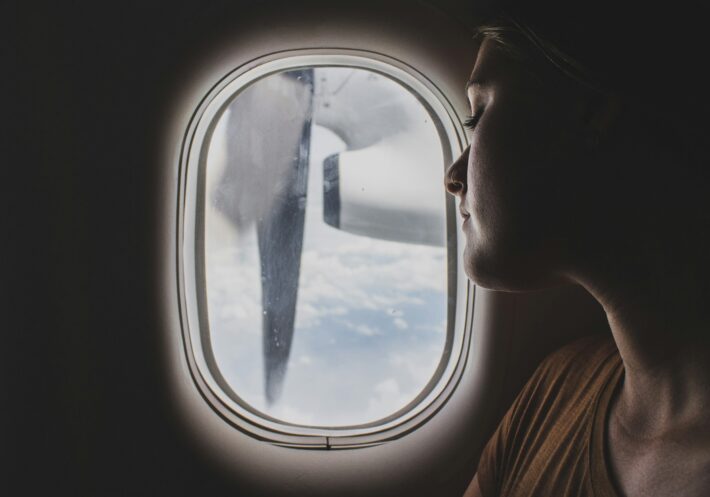Compensation for delays due to airline strikes

Airline strikes can lead to significant travel disruptions, including flight delays or cancellations. If you find yourself affected by such strikes, understanding your rights and options for compensation is crucial. Here’s what you need to know about seeking compensation for delays caused by airline strikes.
First, determine the cause of the delay and whether it is related to an airline strike. Strikes can affect various aspects of airline operations, including crew availability, ground services, and airport logistics. Confirming that the delay is due to an airline strike will help you understand the type of compensation you might be eligible for.
Contact the airline as soon as you are informed about the delay. The airline’s customer service department can provide information on the reason for the delay and offer guidance on next steps. If you are at the airport, approach the airline’s ticket counter or customer service desk for immediate assistance.
Understand your rights under applicable regulations. Compensation for delays caused by airline strikes can vary based on the region and specific circumstances. In the European Union, for example, regulations like EU261/2004 may not cover delays caused by strikes if they are considered “extraordinary circumstances” beyond the airline’s control. However, airlines are still required to assist passengers with rebooking, accommodation, and meals if the delay extends for a certain period.
In contrast, regulations in other regions may offer different levels of compensation or support. For instance, in the United States, there are fewer regulations governing compensation for delays caused by strikes, but airlines may still provide assistance based on their own policies.
Review any travel insurance you may have purchased. Travel insurance policies often cover various types of travel disruptions, including delays caused by airline strikes. Check your policy details to see if it includes coverage for compensation or reimbursement related to delays and follow the claims process if applicable.
Keep detailed records of all communications and documentation related to the delay. This includes receipts for any expenses incurred due to the delay, such as meals, accommodations, or transportation, as well as correspondence with the airline. Thorough documentation will support any claims for compensation or reimbursement and help you track your case.
If the airline’s response or the compensation offered is unsatisfactory, escalate the issue. Contact the airline’s customer service department again and request to speak with a supervisor. You can also file a formal complaint with the airline or reach out to consumer protection organizations or aviation regulatory bodies for further assistance.
In summary, handling delays caused by airline strikes involves understanding the reason for the delay, knowing your rights under relevant regulations, reviewing your travel insurance coverage, and keeping detailed records. By following these steps and seeking assistance if needed, you can navigate the situation effectively and ensure that you receive the appropriate support and compensation.



